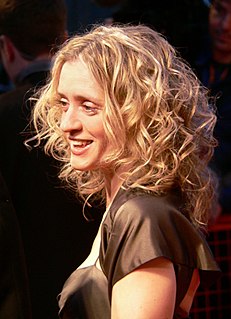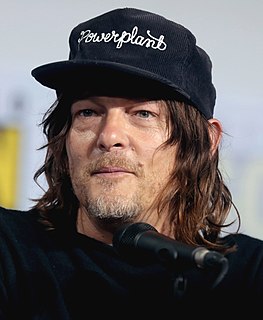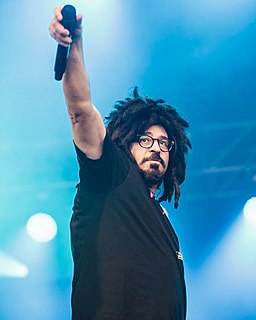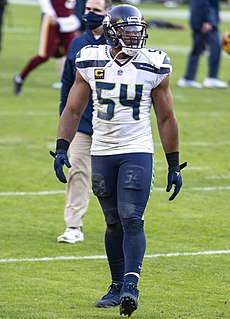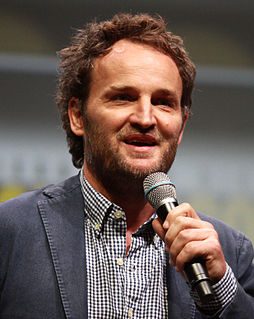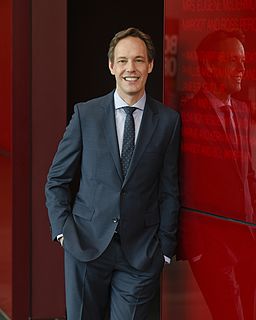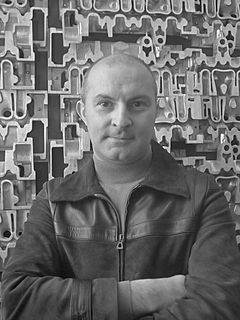A Quote by Nicole Kidman
You look at somebody's work as an actor and you can see their emotional life being fed into it and you can kind of feel them through it.
Related Quotes
I had a teacher in Paris, who said that if an actor forgot what it's like to play as a child he shouldn't be an actor. I've always loved being with children. It's marvellous to see the fresh ways they see the world. Watching them look at a tree or a river helps you to understand something that's very important.
The life of an actor is very random. It can be exhilarating but terrifying - you do wonder day to day where the next job will come from. Some of my friends are very talented people, but you see them out of work - which can be tough. If you wanted that kind of security, though, I guess you wouldn't be an actor in the first place.
There's a happiness about me, a confidence and a happiness now that I didn't have when I was younger. You feel good inside, you look good outside. I have a few little gray hairs on my chin, and I kind of like them. I feel like I look like somebody who's having a good life, who's enjoying it a little better than I did before. You can be really good-looking in your twenties but feel miserable, and people just sort of walk away.
A lot of life is about how you feel relating to dealing with this person or that person. If this person makes you feel good, then they're a person to be around; if they don't, they're not. Being in a band is different. The group is the more important part, and you have to kind of shift the way you look at life when you're in a group of people that you work with.
If you are doing a piece about somebody, even if you admire them tremendously and express that in the piece, express that admiration, if they're not used to being written about, if they're civilians, [...] they're not used to seeing themselves through other people's eyes. So you will always see them from a slightly different angle than they see themselves, and they feel a little betrayed by that.
Fame it's like... When you look through a window, say you pass a little pub, or an inn. You look through the window and you see people talking and carrying on. You,can watch outside the window and see them all being very real with each other. But when you walk into the room, it's over. I don't pay any attention to it.
I look for stories that tell transformative, emotional journeys, have big emotional worlds, feel very relevant and true to the times we're living in - even though they might be of a different time - have a sense of real intimacy with larger forces at work, where there's some kind of social injustice and inequity happening that needs to be conquered or addressed. I find historically that's the formula for a lot of successful operas.
Through the history of art we can see through the emotional life, and sometimes the financial security of some of the artists, some transformation. And I really believe that it's generally about the same kind of transformation and the same kind of reaction. We are a little bit less individual than we would like to believe or guess we are.



